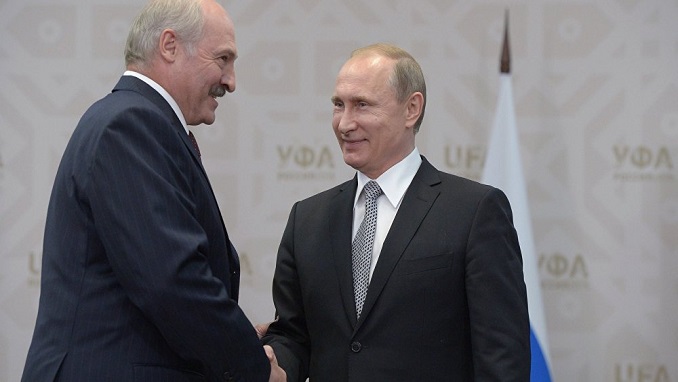The business interests of mobile operators in the two countries have become an obstacle to canceling the roaming charges between Belarus and Russia, State Secretary of the Belarus-Russia Union State Grigory Rapota has said, according to BelTa.
He was speaking at the conference to mark the 20th anniversary of the Union State Treaty in Moscow on Tuesday.
“We have advanced in the general understanding that the roaming charges should be canceled,” said Rapota. “When this idea was first put forward by MPs, it was perceived negatively rather than positively. They would say that it was difficult, impossible, unnecessary and so on. Now there is an understanding that it is possible and it is necessary. The communication ministries have been cooperating quite closely. Now it all about the interests of telecom operators, which, in general, is quite natural. Of course, business interests must be taken into account. Now they will try to harmonize interests of the business and interests of citizens. We will see whether our ministries will be able to do it. I think we should be optimistic about the prospects.”
The conference “The Union State: Achievements, Challenges, and Prospects” has drawn about 500 participants from Belarus and Russia, representing all branches of government, business, academic and cultural communities, and mass media. The event also featured a meeting between the two countries’ presidents, Alexandr Lukashenko and Vladimir Putin.
Russia has been pushing for closer integration with Belarus, sparking fears among some Belarusians that the bigger country aims to “occupy” its neighbour.
Lukashenko’s talks with Putin yielded “a lot of progress” including on resolving differences on Russia’s oil and gas supplies to Belarus, Russia’s economy minister said.
“The positions have come significantly closer,” Russian Economy Minister Maxim Oreshkin said, without providing any detail. The two presidents would meet again in St. Petersburg on December 20. However, the two leaders left the negotiations without signing a deal to reinvigorate the so-called Union State and move forward with plans for closer integration between the two countries.
Russia has helped prop up Lukashenko over the past 25 years with loans and energy subsidies. But it started to scale back this help last year, prompting Lukashenko to accuse Russia of trying to bully his much smaller country into a union.
The Belarussian government says it stands to lose hundreds of millions of dollars a year from changes to Russian tax policy and wants compensation. Russia says the subsidies it pays to Belarus cost its treasury billions of dollars.











